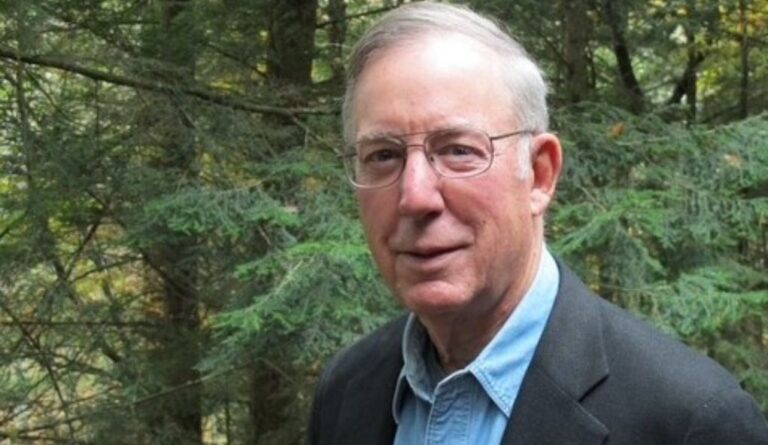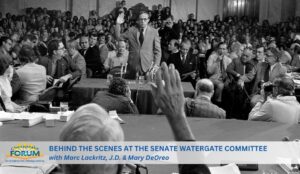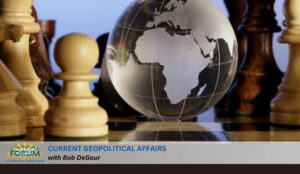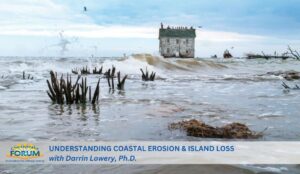The last twenty years have challenged our ability to adapt to a radically new communication and information environment.
Feeling a bit like Alice in Wonderland and the Looking Glass when faced with such radical changes in communication technologies?
Join Al’s discussion based on first person history, analysis, and observation as he explores how the last twenty years have challenged Americans, and America’s, ability to adapt to a radically new communication and information environment. Some struggle with moving the clock forward or back an hour each year; in the case of communications, information and entertainment, we have gone way beyond resetting the clock.
As early as 2000, digital technology was displacing analog and transforming communications from scarcity to abundance. The cost of reaching a targeted audience would soon after become negligible. The flow of news information and connections became breathtaking.
The questions are numerous and the answers often puzzling while the future can appear opaque and daunting.
What happens when government secrets are compromised by hackers? What happens when media business models can no longer support talented editors? Can the culture absorb egoistic media without rupture? Are the underlying assumptions that cause us to guarantee free speech too optimistic? How do we survive as machine based intelligence eclipses our own?
What to expect:
Learn about this disruptive period in communications and information technology as Al leads us through a discussion of the critical questions we face today, then provokes reactions about how we might coexist with the capabilities and economics of information abundance.
Al’s first person history, analysis, and observation will frame this two session course. Expect lots of discussion!
Recordings:




